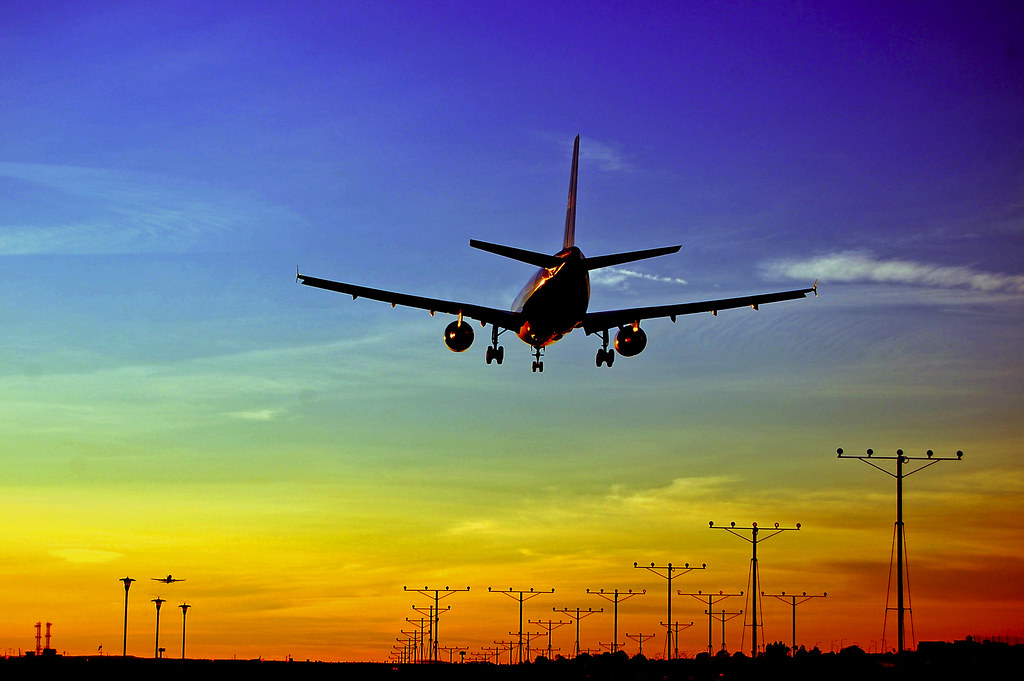In the bustling city of Mecca, at the epicenter of Islam, stands the Kaaba—a sacred structure that holds profound significance for Muslims around the world. Its spiritual importance is deeply rooted in Islamic tradition, and the journey to this sacred site is a fundamental aspect of the faith. Join us on a virtual Umrah Travel Agency as we delve into the historical and spiritual importance of the Kaaba in Islam.
Understanding Qibla: The Sacred Direction
Before we unravel the significance of the Kaaba, let’s touch upon the concept of Qibla. Qibla is the direction that Muslims face during their prayers, and it is symbolized by the Kaaba in Mecca. This sacred direction is a unifying force, connecting Muslims worldwide in a tangible expression of their faith. As we embark on our Qibla Travel, we journey toward the spiritual heart of Islam.
The Kaaba: A Divine Center
The Kaaba, often referred to as the House of Allah, holds a central place in Islamic belief. It is considered the most sacred site in Islam and serves as the focal point for Muslims during their daily prayers. The Kaaba’s history is rich, dating back to the time of Prophet Ibrahim (Abraham), who, along with his son Isma’il (Ishmael), is believed to have built this sacred structure.
Spiritual Symbolism: The Black Stone and Unity
At the eastern corner of the Kaaba lies the Black Stone, a sacred relic that plays a significant role in Islamic rituals. Pilgrims, during the annual Hajj pilgrimage, strive to touch or kiss the Black Stone as a symbolic act of cleansing and unity. The stone is said to have descended from heaven and is believed to possess spiritual significance, reinforcing the idea of a shared faith among Muslims.
The Kaaba in Worship: Hajj and Umrah
The Hajj pilgrimage, one of the Five Pillars of Islam, is a mandatory journey for Muslims who are physically and financially able to undertake it. Pilgrims from diverse backgrounds converge on Mecca, circumambulating the Kaaba and performing various rituals that trace back to the actions of Prophet Ibrahim. Additionally, the lesser pilgrimage, known as Umrah, involves similar rituals and contributes to the spiritual connection between the worshipper and the Kaaba.
Qibla Travel: A Spiritual Journey for Every Muslim
Qibla Travel is not just a physical journey to Mecca; it is also a symbolic representation of the believer’s journey towards spiritual fulfillment and unity. As Muslims turn towards the Qibla during their prayers, they are reminded of the sacredness of the Kaaba and its role in unifying the global Muslim community.
Contemporary Significance: The Kaaba in the Modern World
In the modern world, the Kaaba continues to be a symbol of unity and devotion for Muslims. Technological advancements have made it possible for believers to virtually connect with the Kaaba during their prayers, further emphasizing its universal significance. The Qibla direction is easily accessible through mobile applications, enabling Muslims worldwide to maintain a spiritual connection with the Kaaba, regardless of their physical location.
Conclusion: The Eternal Significance of the Kaaba
In conclusion, the Kaaba stands as a timeless symbol of unity, spirituality, and devotion in Islam. The journey towards the Qibla and the Kaaba is not merely a physical one but a spiritual voyage that transcends geographical boundaries. As we conclude our Qibla Travel, let us reflect on the enduring significance of the Kaaba, which continues to be a beacon of faith for Muslims across the globe.



